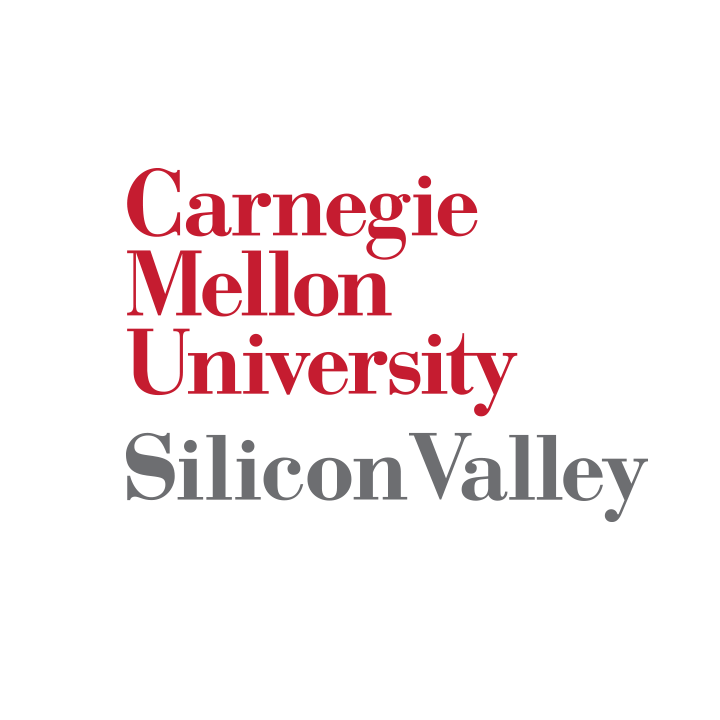Houston's Cancer Research Breakthrough: A New Hope in Tumor Surgery
August 16, 2024, 5:25 am

Location: United States
Employees: 51-200
Founded date: 2002

Location: United States, North Carolina, Durham
Employees: 10001+
Founded date: 1838
Total raised: $38M
In the heart of Houston, a groundbreaking cancer research initiative is gaining momentum. The Biden-Harris administration has earmarked $150 million for its Cancer Moonshot initiative, and a significant portion is flowing to Rice University. This funding is not just a number; it represents hope, innovation, and a potential revolution in cancer surgery.
The project, named AccessPath, is a novel, affordable, slide-free pathology system. It aims to assist surgeons in determining whether they have completely excised tumors during operations. The lead investigator, a bioengineering professor at Rice, Rebecca Richards-Kortum, is at the forefront of this endeavor. The project is set to receive up to $18 million over five years from the Advanced Research Projects Agency for Health (ARPA-H).
AccessPath is not just another tool; it’s a game-changer. Surgeons often grapple with the challenge of identifying the precise margins where tumor tissue ends and healthy tissue begins. This uncertainty can lead to incomplete tumor removal, necessitating repeat surgeries. AccessPath promises to change that narrative. With its low cost, rapid analysis, and automated features, it aims to democratize surgical guidance, making it accessible to hospitals that may lack advanced resources.
The focus is on two prevalent types of cancer: breast and head and neck. The project is a collaboration between Rice University and the prestigious MD Anderson Cancer Center. This partnership is crucial, as it combines academic prowess with clinical expertise. The team includes experts from various fields, including electrical engineering and computer science, ensuring a multidisciplinary approach to a complex problem.
The technology behind AccessPath is sophisticated yet practical. It employs a high-resolution microscope, effective fluorescent stains for visualizing tumor margins, and artificial intelligence algorithms. This combination allows for real-time assessment during surgery, significantly improving the chances of complete tumor removal. The implications are profound. Precise margin assessment is vital for the success of any cancer operation. The potential to reduce repeat interventions and lower overall cancer care costs is a beacon of hope for patients and healthcare providers alike.
The project’s impact extends beyond the operating room. It holds promise for low-resource settings, where access to advanced medical technologies is often limited. By providing a low-cost solution, AccessPath could transform surgical oncology, particularly in underserved areas. This aligns with the broader goals of the Cancer Moonshot initiative, which seeks to accelerate cancer research and improve patient outcomes across the board.
The significance of this research cannot be overstated. Each year, millions of patients undergo surgery for cancer. The stakes are high. Incomplete tumor removal can lead to recurrence, increased treatment costs, and, ultimately, a lower quality of life. AccessPath aims to mitigate these risks, offering a lifeline to patients and their families.
The collaboration between Rice University and MD Anderson is a testament to the power of teamwork in tackling pressing medical challenges. As Ramamoorthy Ramesh, Rice’s executive vice president for research, aptly noted, it’s the synergy of these institutions that fosters innovation. The partnership underscores the importance of collaboration in the world’s largest medical center, where groundbreaking research can translate into real-world solutions.
AccessPath is not an isolated effort. It joins a growing list of innovative projects emerging from Houston’s vibrant research ecosystem. The city is rapidly becoming a hub for cancer-focused research, with multiple initiatives receiving funding and support. This trend is encouraging, as it signals a commitment to advancing healthcare and improving patient outcomes.
In a world where cancer remains a formidable adversary, AccessPath shines as a beacon of hope. It embodies the spirit of innovation and the relentless pursuit of solutions to complex medical problems. As the project unfolds, it will be closely watched by the medical community and patients alike. The potential to revolutionize surgical oncology is within reach, and Houston is leading the charge.
The future of cancer surgery is bright, thanks to initiatives like AccessPath. With continued support and collaboration, the dream of more effective, affordable, and accessible cancer care is becoming a reality. The journey is just beginning, but the destination promises to be transformative. Houston is not just a city; it’s a beacon of hope in the fight against cancer.
The project, named AccessPath, is a novel, affordable, slide-free pathology system. It aims to assist surgeons in determining whether they have completely excised tumors during operations. The lead investigator, a bioengineering professor at Rice, Rebecca Richards-Kortum, is at the forefront of this endeavor. The project is set to receive up to $18 million over five years from the Advanced Research Projects Agency for Health (ARPA-H).
AccessPath is not just another tool; it’s a game-changer. Surgeons often grapple with the challenge of identifying the precise margins where tumor tissue ends and healthy tissue begins. This uncertainty can lead to incomplete tumor removal, necessitating repeat surgeries. AccessPath promises to change that narrative. With its low cost, rapid analysis, and automated features, it aims to democratize surgical guidance, making it accessible to hospitals that may lack advanced resources.
The focus is on two prevalent types of cancer: breast and head and neck. The project is a collaboration between Rice University and the prestigious MD Anderson Cancer Center. This partnership is crucial, as it combines academic prowess with clinical expertise. The team includes experts from various fields, including electrical engineering and computer science, ensuring a multidisciplinary approach to a complex problem.
The technology behind AccessPath is sophisticated yet practical. It employs a high-resolution microscope, effective fluorescent stains for visualizing tumor margins, and artificial intelligence algorithms. This combination allows for real-time assessment during surgery, significantly improving the chances of complete tumor removal. The implications are profound. Precise margin assessment is vital for the success of any cancer operation. The potential to reduce repeat interventions and lower overall cancer care costs is a beacon of hope for patients and healthcare providers alike.
The project’s impact extends beyond the operating room. It holds promise for low-resource settings, where access to advanced medical technologies is often limited. By providing a low-cost solution, AccessPath could transform surgical oncology, particularly in underserved areas. This aligns with the broader goals of the Cancer Moonshot initiative, which seeks to accelerate cancer research and improve patient outcomes across the board.
The significance of this research cannot be overstated. Each year, millions of patients undergo surgery for cancer. The stakes are high. Incomplete tumor removal can lead to recurrence, increased treatment costs, and, ultimately, a lower quality of life. AccessPath aims to mitigate these risks, offering a lifeline to patients and their families.
The collaboration between Rice University and MD Anderson is a testament to the power of teamwork in tackling pressing medical challenges. As Ramamoorthy Ramesh, Rice’s executive vice president for research, aptly noted, it’s the synergy of these institutions that fosters innovation. The partnership underscores the importance of collaboration in the world’s largest medical center, where groundbreaking research can translate into real-world solutions.
AccessPath is not an isolated effort. It joins a growing list of innovative projects emerging from Houston’s vibrant research ecosystem. The city is rapidly becoming a hub for cancer-focused research, with multiple initiatives receiving funding and support. This trend is encouraging, as it signals a commitment to advancing healthcare and improving patient outcomes.
In a world where cancer remains a formidable adversary, AccessPath shines as a beacon of hope. It embodies the spirit of innovation and the relentless pursuit of solutions to complex medical problems. As the project unfolds, it will be closely watched by the medical community and patients alike. The potential to revolutionize surgical oncology is within reach, and Houston is leading the charge.
The future of cancer surgery is bright, thanks to initiatives like AccessPath. With continued support and collaboration, the dream of more effective, affordable, and accessible cancer care is becoming a reality. The journey is just beginning, but the destination promises to be transformative. Houston is not just a city; it’s a beacon of hope in the fight against cancer.